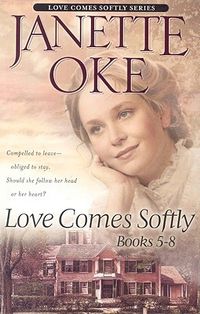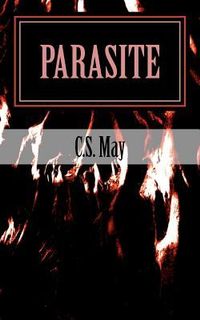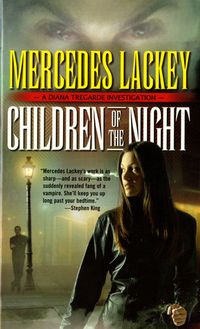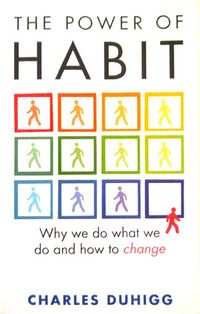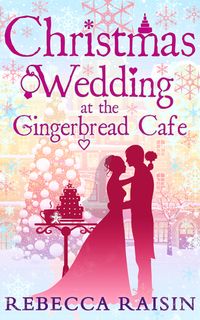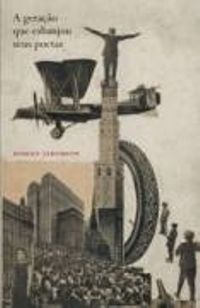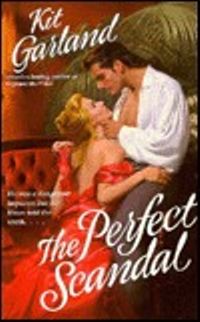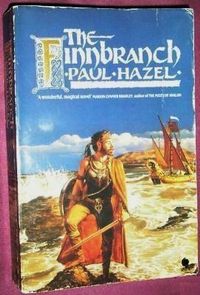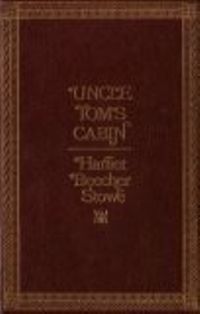
Uncle Tom's Cabin
A Cultural, African American, Classic Literature book. Tom opened his eyes, and looked upon his master. "Ye poor miserable critter!" he said, "there...
Although the American anti-slavery movement had existed at least as long as the nation itself, Stowe's Uncle Tom's Cabin (1852) galvanized public opinion as nothing had before. The book sold 10,000 copies in its first week and 300,000 in its first year. Its vivid dramatization of slavery's cruelties so aroused readers that is said that Abraham Lincoln told Stowe her work had been a catalyst for the Civil War.Today the novel is often labeled condescending, but its characters still have the power to move our hearts. Stowe's Tom is actually American literature's first black hero, a man who suffers for refusing to obey his white oppressors. Uncle Tom's...
Download or read Uncle Tom's Cabin in PDF formats. You may also find other subjects related with Uncle Tom's Cabin.
- Filetype: PDF
- Pages: 372 pages
- ISBN: 9780890090701 / 0
S1LEsq10i_Z.pdf
More About Uncle Tom's Cabin
Scenes of blood and cruelty are shocking to our ear and heart. What man has nerve to do, man has not nerve to hear. Harriet Beecher Stowe, Uncle Tom's Cabin // ...the heart has no tears to give,--it drops only blood, bleeding itself away in silence. Harriet Beecher Stowe, Uncle Tom's Cabin // But now what? Why, now comes my master, takes me right away from my work, and my friends, and all I like, and grinds me down into the very dirt! And why? Because, he says, I forgot who I was; he says, to teach me that I am only a nigger! After all, and last of all, he comes between me and my wife, and says I shall give her up, and live with another woman. And all this your laws give him power to do, in spite of God or man. Mr. Wilson, look at it! There isn't one of all these things, that have broken the hearts of my mother and my sister, and my wife...
This book launched the Civil War, and at what cost? In her novel Uncle Tom's Cabin, Harriet Beecher Stowe writes about the plight of enslaved individuals, and she relies on religion to advance her argument that slavery should not exist. The characters often appear as nothing more than archetypes. Stowe's writing comes across as propaganda... Wow. An important book, surely, historically, and I found the forward more interesting than most as it argued about the book's place in American Literature. (Though, sadly, like most academic forwards, rife with spoilers. Lady! I'm reading this for the first time, don't tell me who dies and who gets married and who goes to Africa!)Stowe's... Important? Yes. Good? No.
